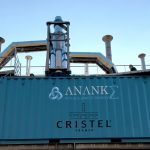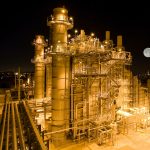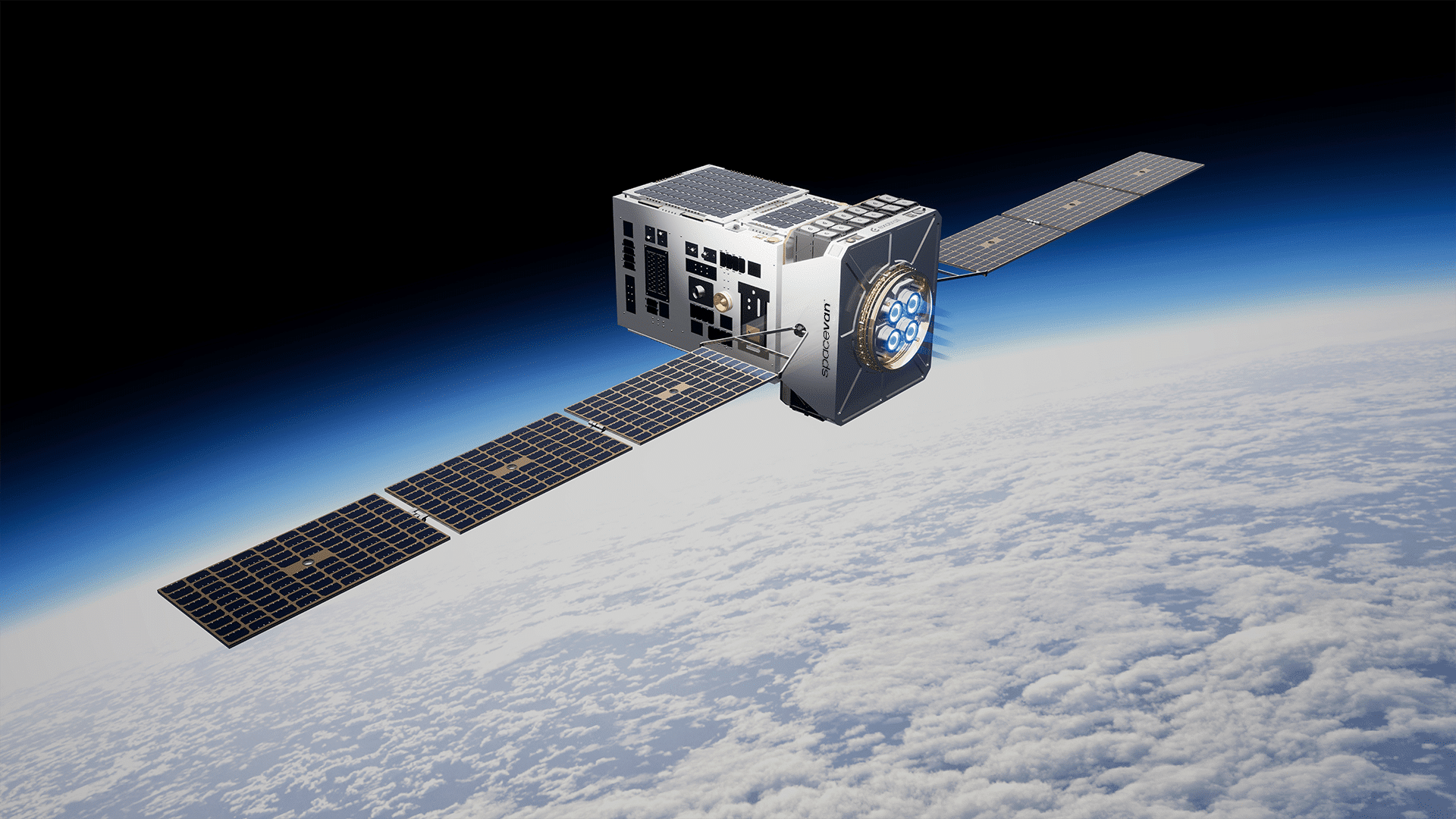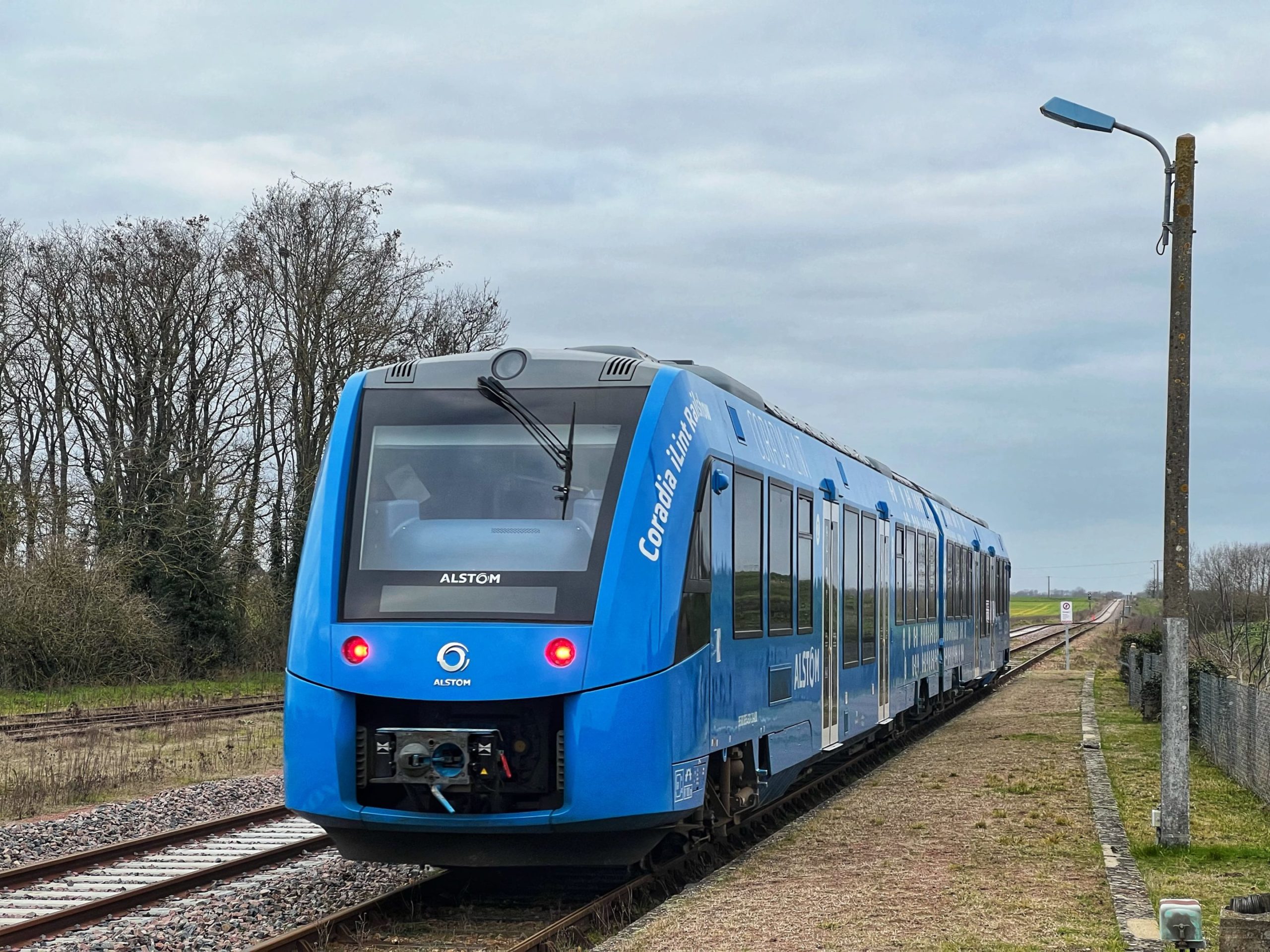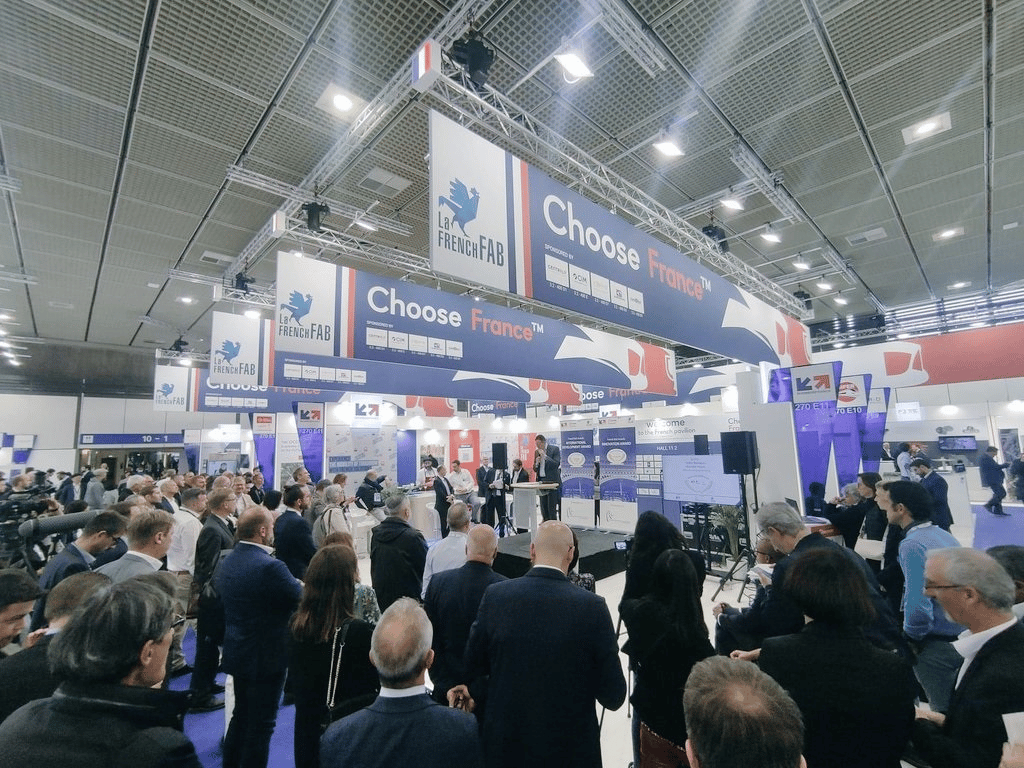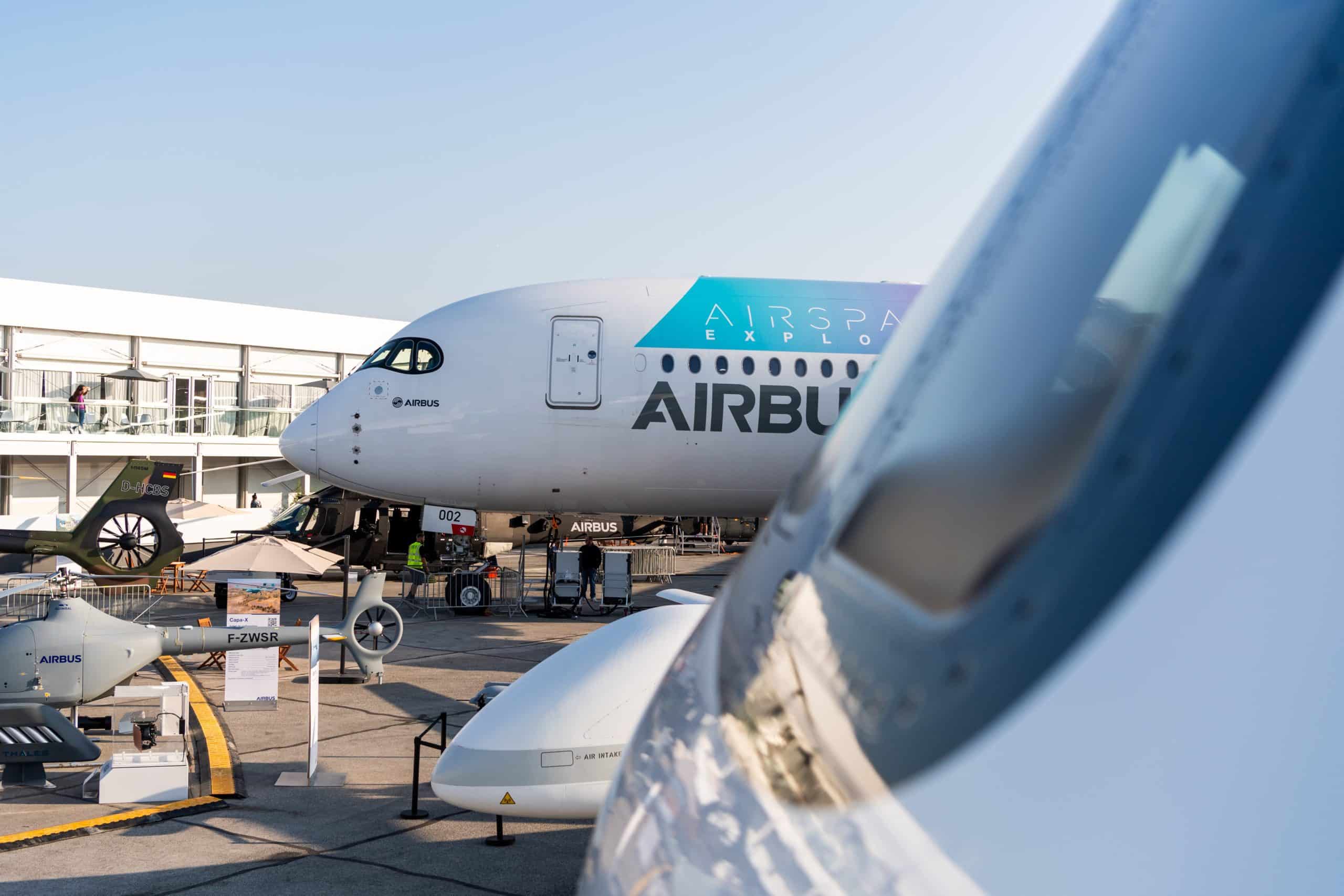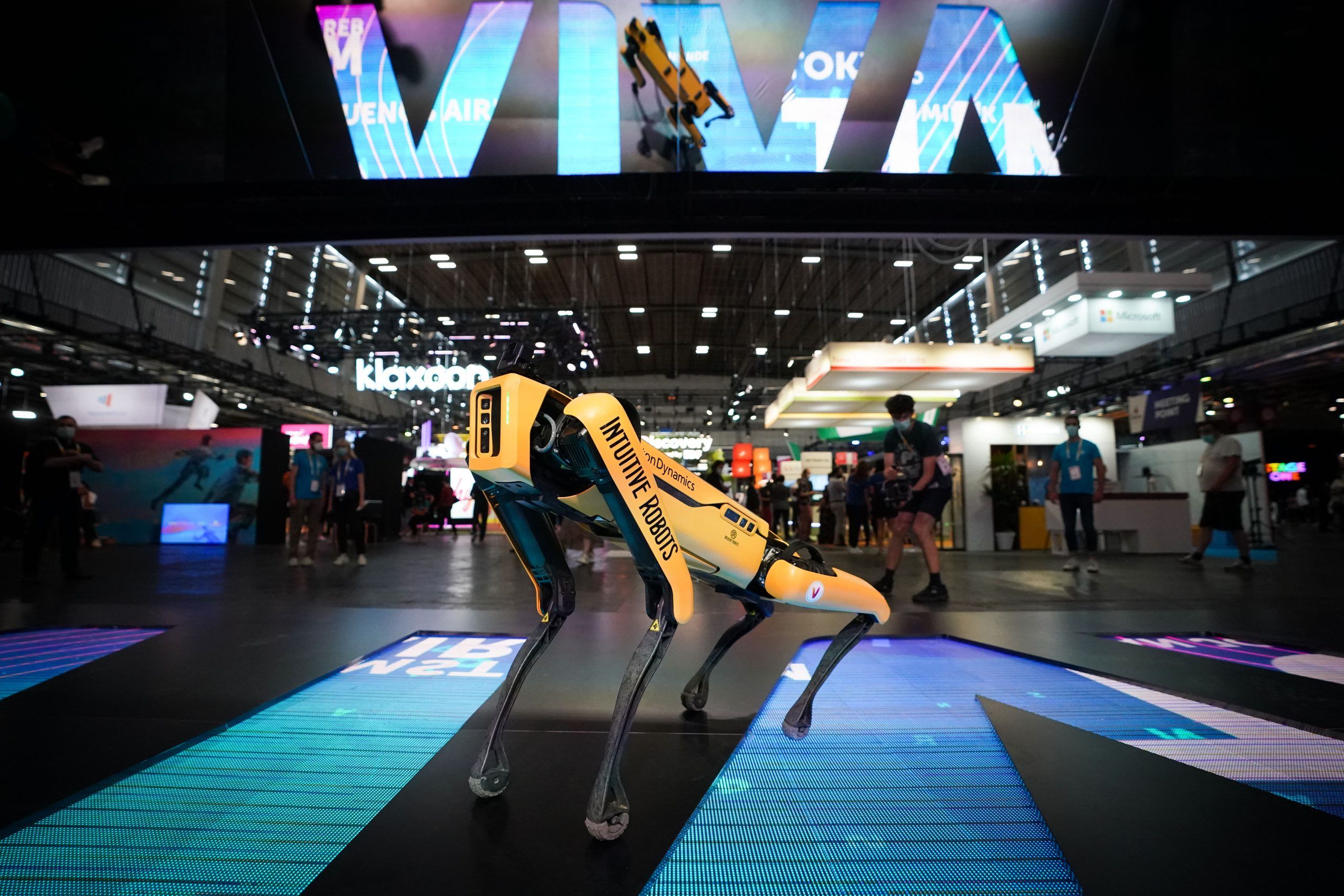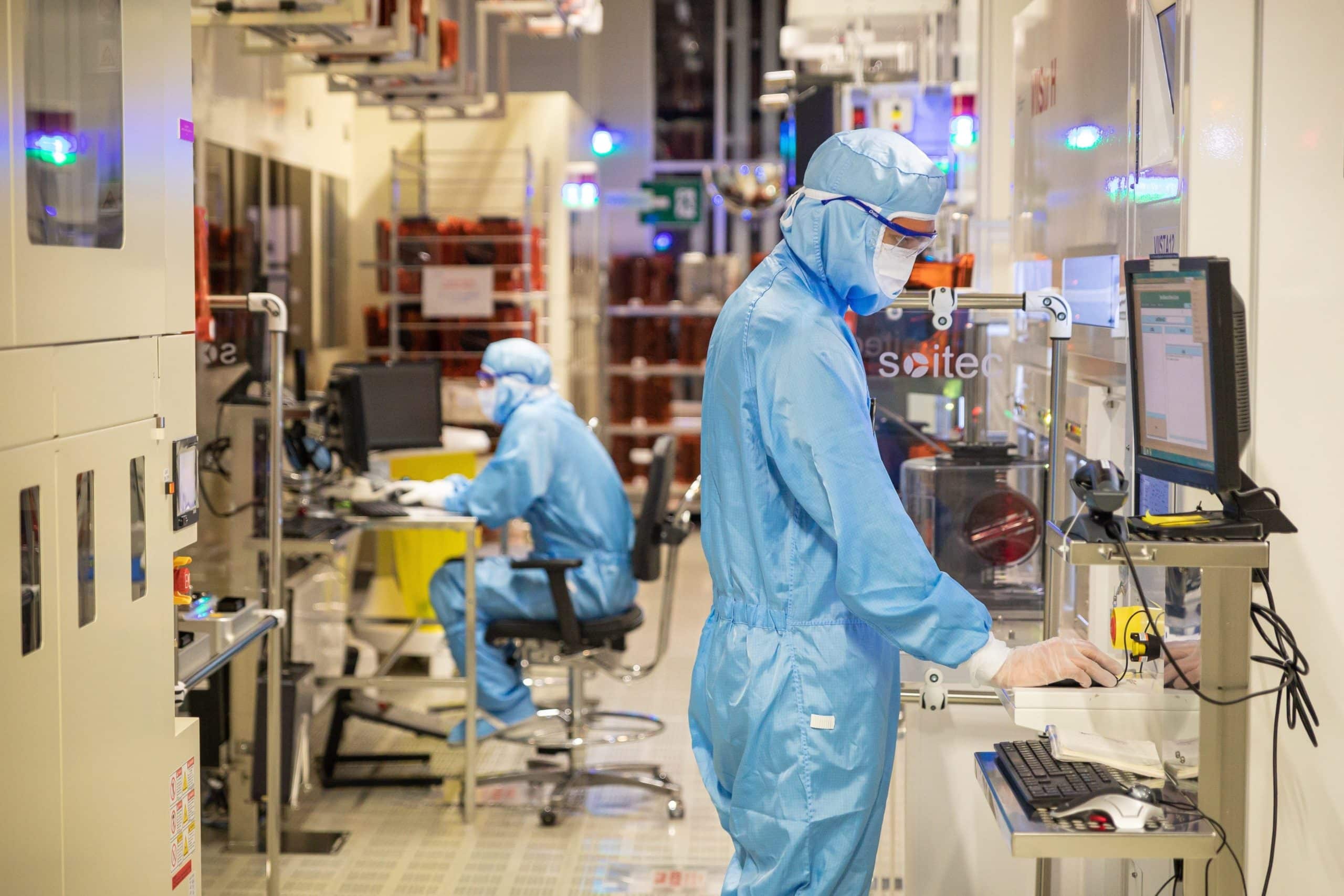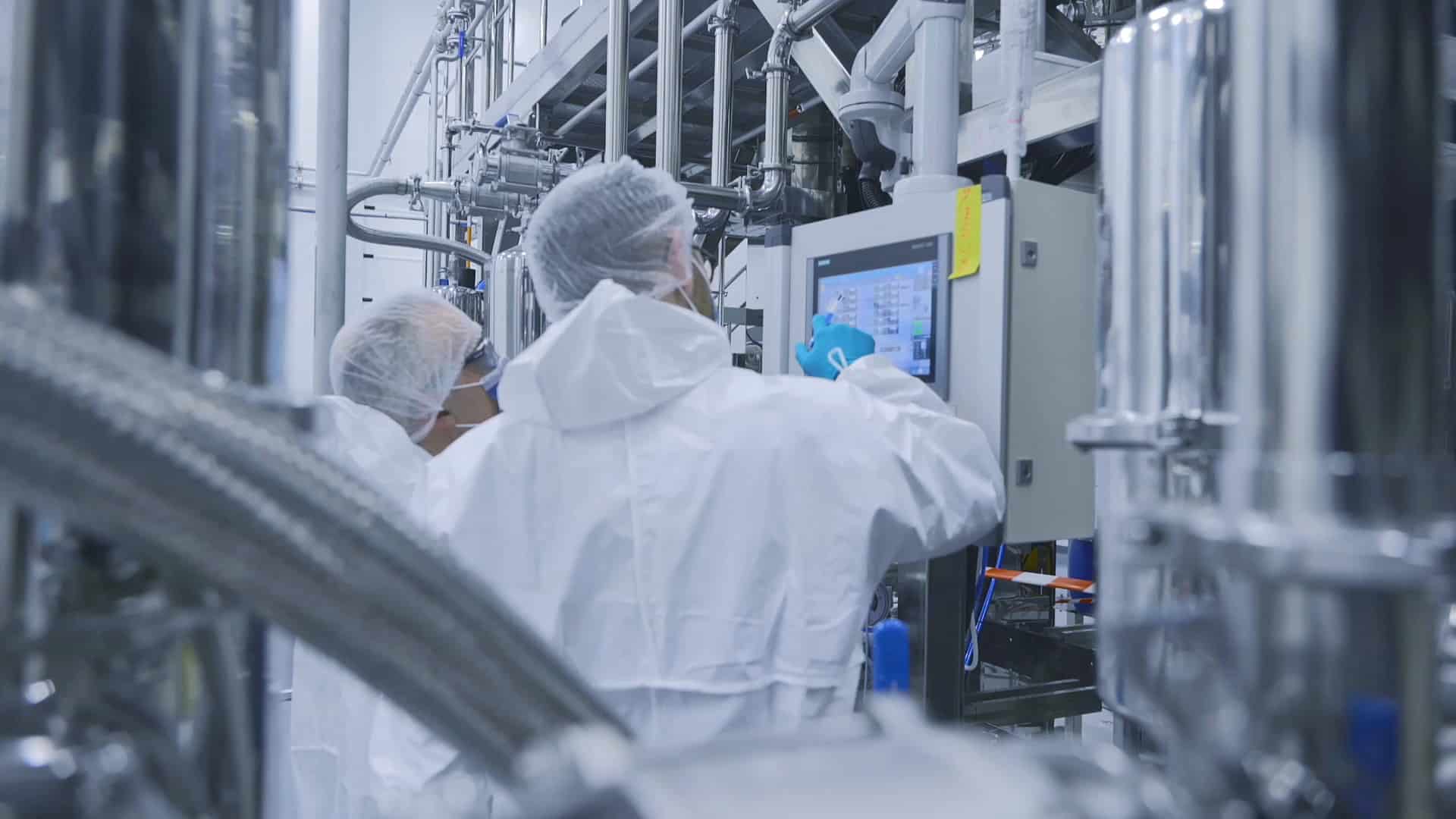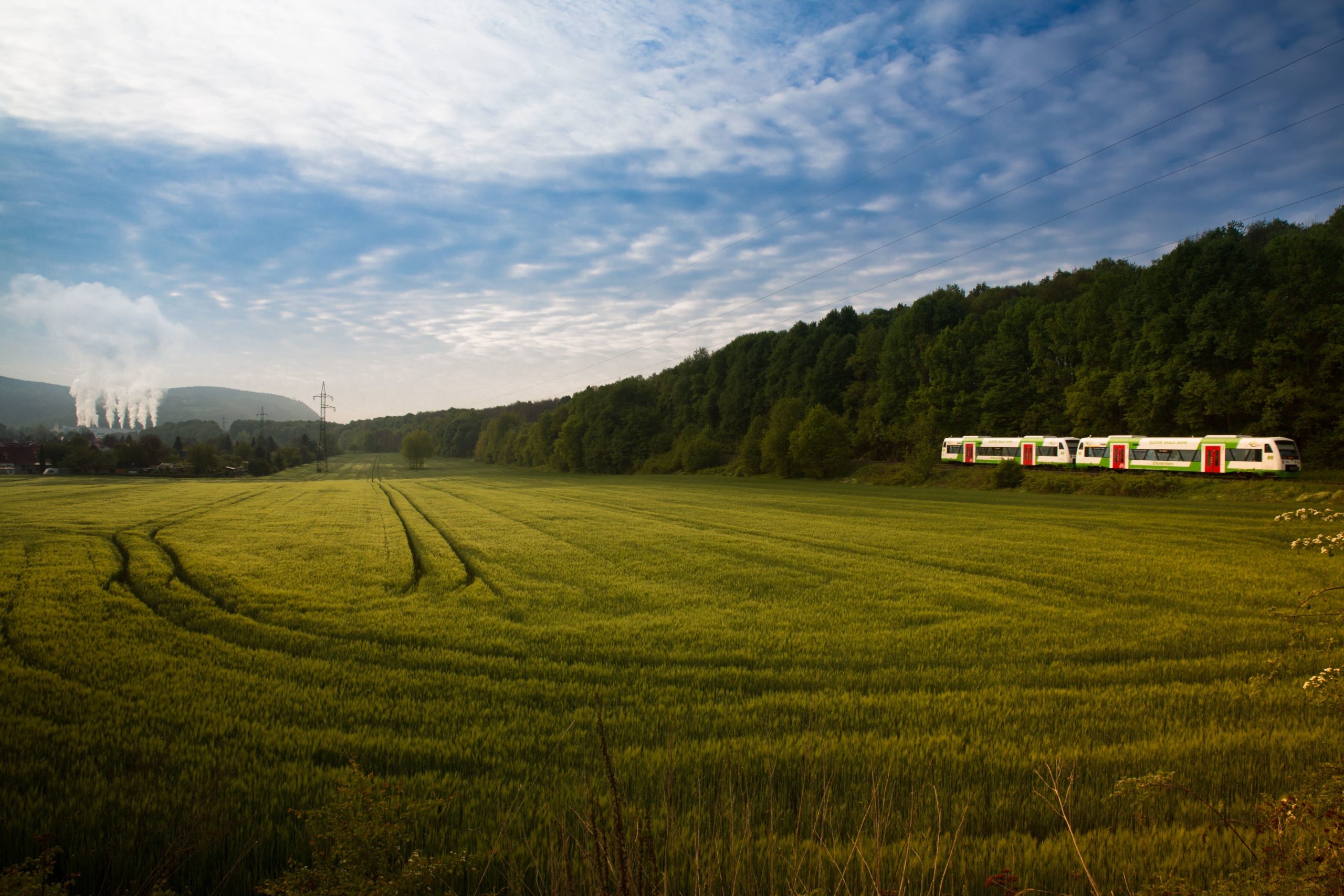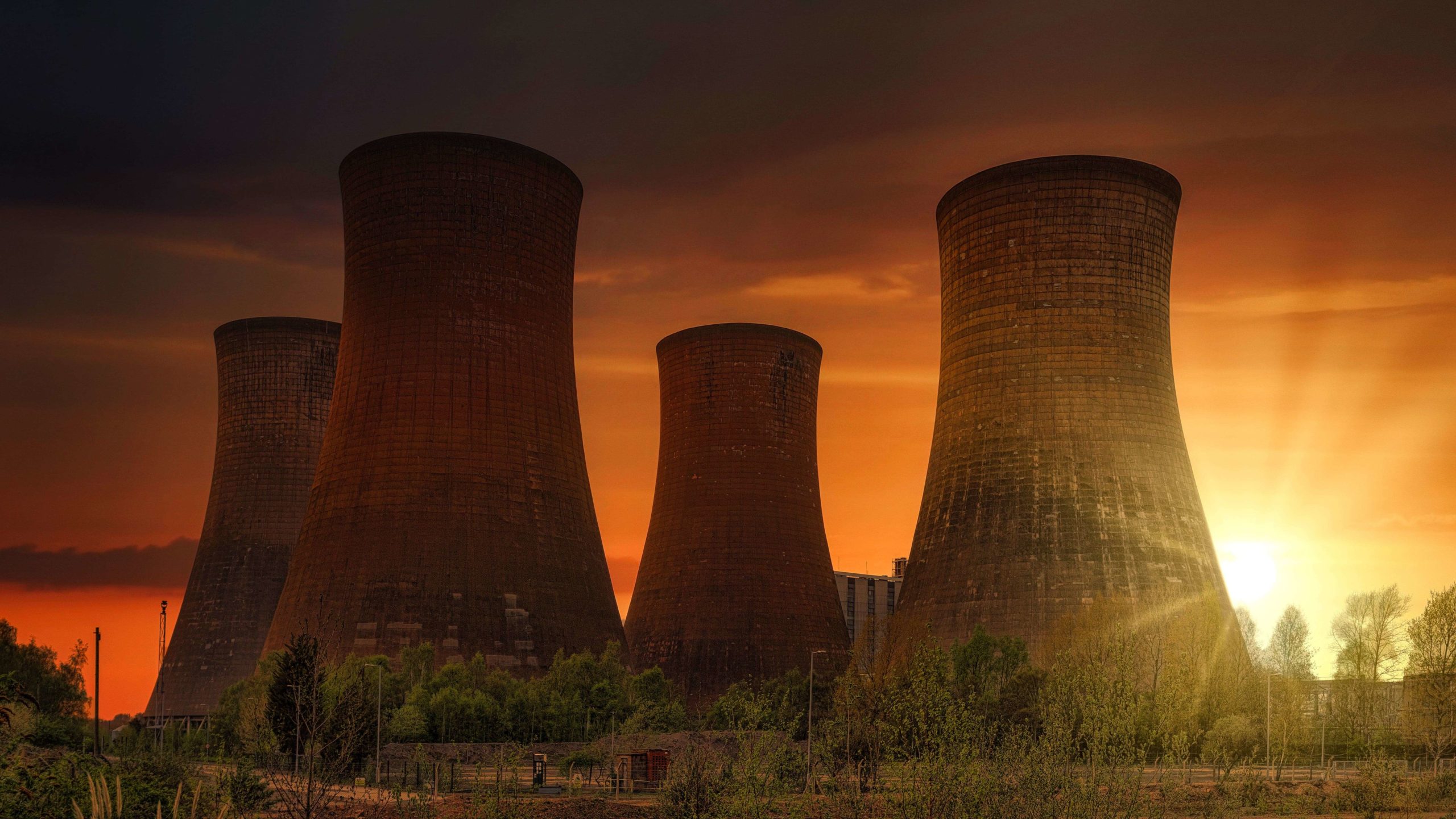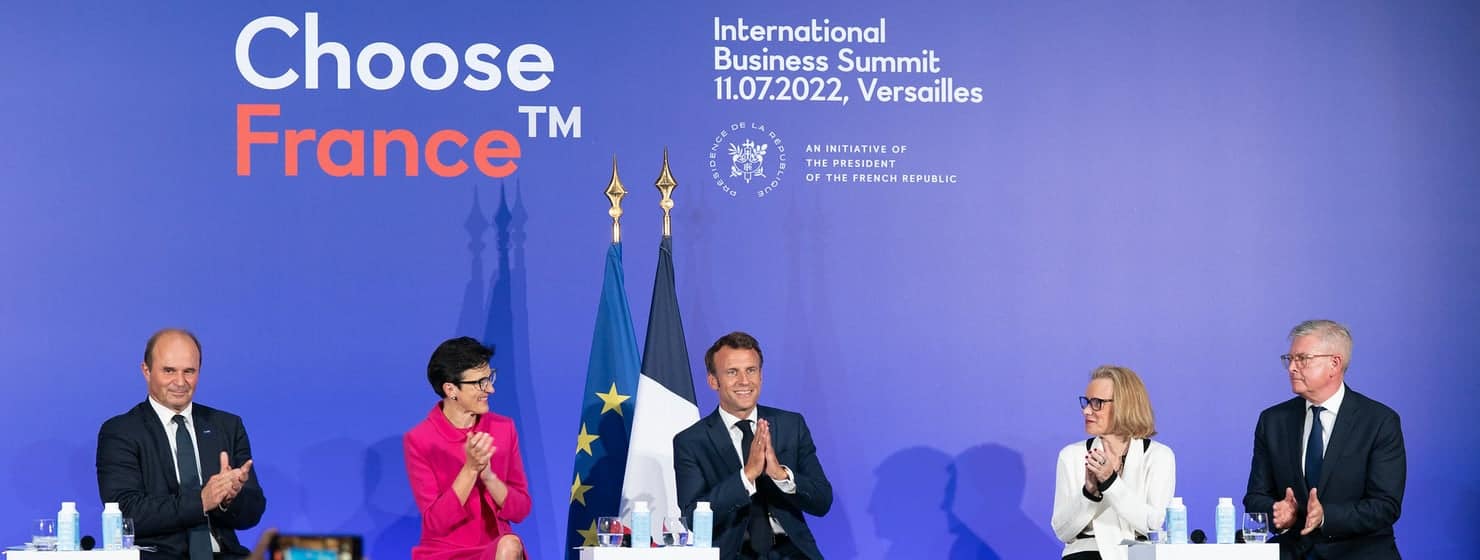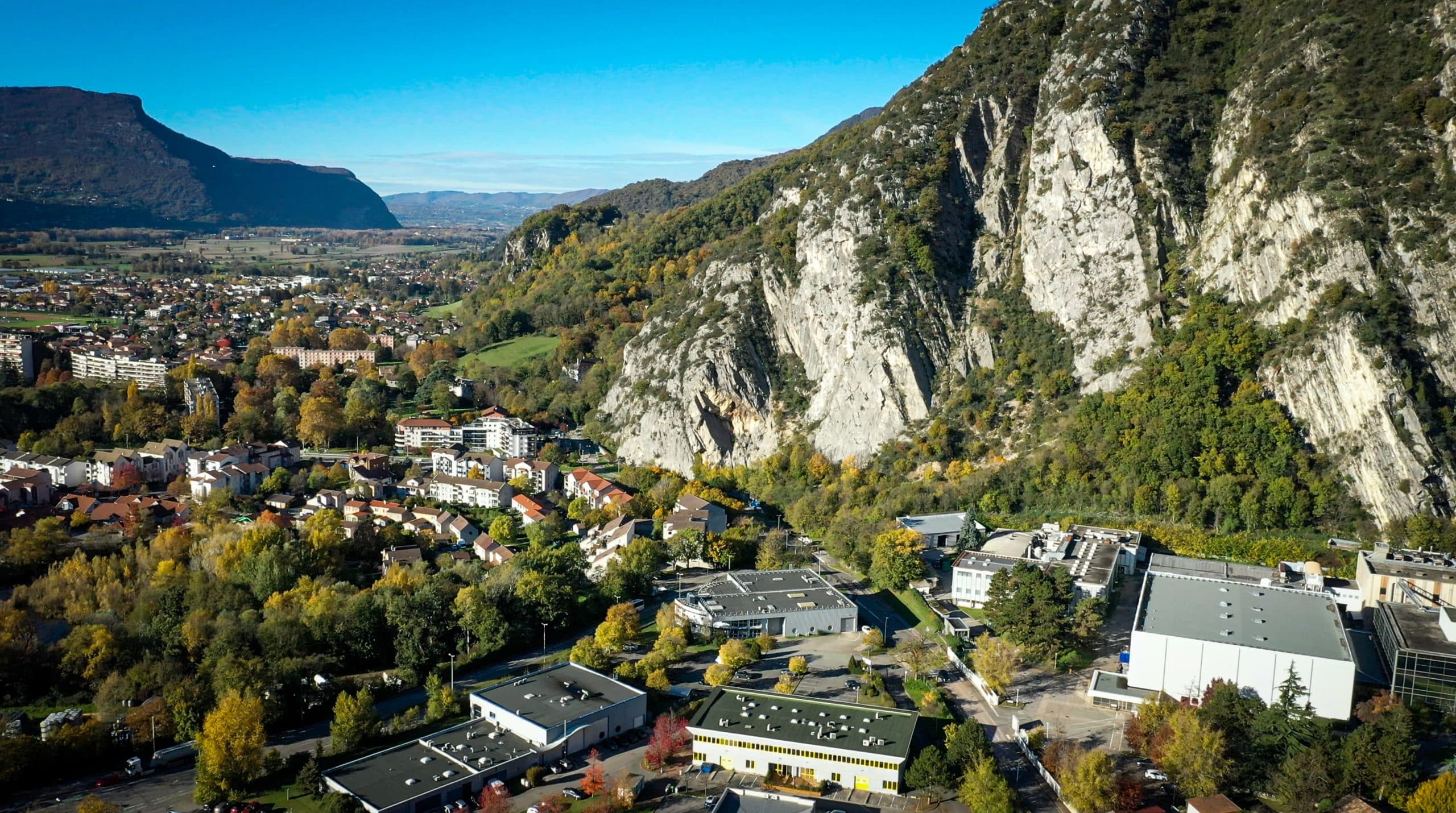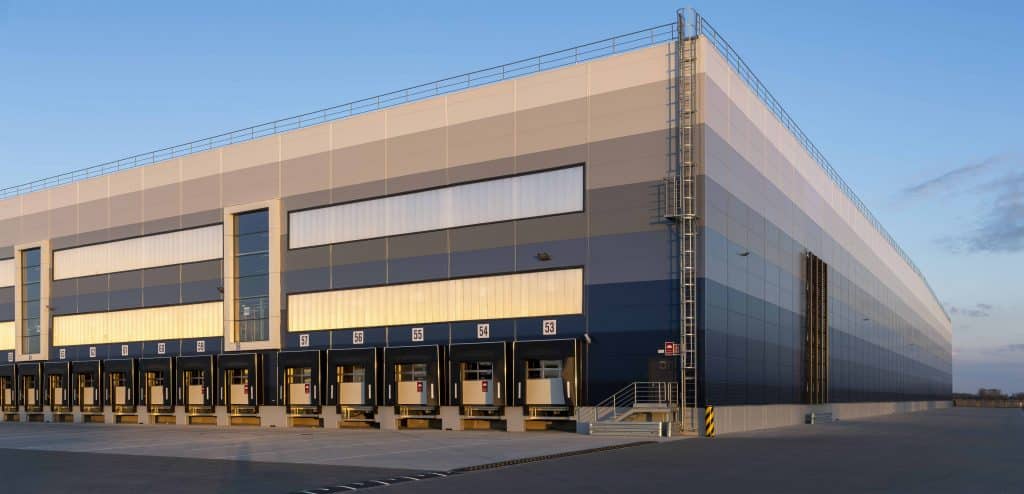
In France, 22% of CO2 emissions are generated by building heating and cooling systems. In Ile-de-France (Greater Paris), which is the densest, most populated region of France, 40% of these systems are powered by natural gas, 34% by electricity, 5% by fuel oil, and only 18% by geothermal energy and recovered heat from household waste incinerators. Biogas accounts for just 1% of city gas consumption. Nonetheless, geothermal energy and biogas have a bright future ahead of them. La French Fab is poised and ready to increase the share of decarbonized energy in the energy mix of large cities.
Ile-de-France turning its attention underground
At present, the region has just 900 geothermal power plants due to the high costs involved and the lack of available land. If exploited more extensively, the layer of hot groundwater known as the Dogger aquifer would generate 30 TWh per year and cover 58% of the city’s heating, hot water, and air conditioning needs.
French firm Géotec has installed 100 heat exchange probes at a depth of 100 meters, enabling it to provide Monoprix with the world’s first “zero-carbon” logistics warehouse. In 2021, the La French Fab manufacturer equipped the horticultural center in Rungis (which supplies fresh produce to the Ile-de-France region), and to bolster its expertise, it has acquired Italian firm CSI, an expert in state-of-the-art geothermal energy systems.
Other buildings will follow in the Greater Paris region, such as the future headquarters of private gas supplier Engie, which will be powered by a mixture of geothermal energy, solar panels, and biogas boilers.
Driving biogas forward
In the Paris region, Paprec, the third biggest recycling firm in France, will start to produce biogas in mid-2025 via the methanation of 50,000 tons of food waste. The biomethane will be purified on site and injected directly into the city gas network, making it possible to supply 5,400 households in addition to the plant itself, with an annual yield of 36 MWh.
In Lyon in south-east France, 12,000 tons of sludge from wastewater treatment plants will be used as raw material in the methanation process. By 2032, the city will have increased its biogas production by a factor of 17 to 100 GWh per year.
France already has 365 methanation units, and 800 projects are under way, which could increase production to 20% of gas consumption in France, compared with 1% today.

